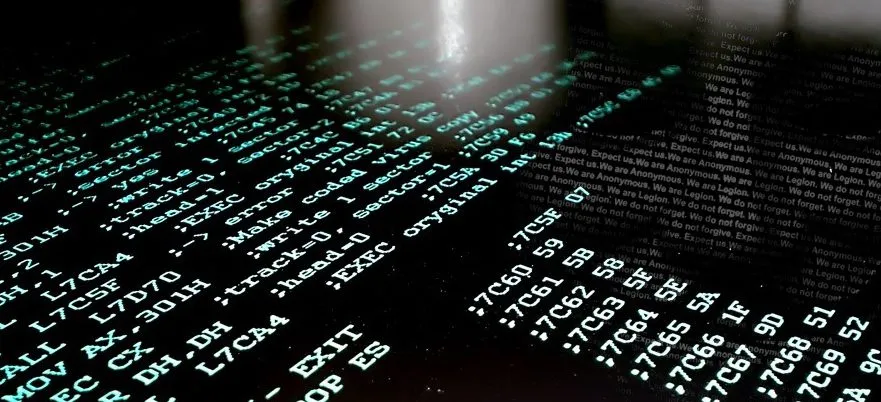|
Getting your Trinity Audio player ready...
|
Despite the lack of support from majority of the community, SegWit Gold (SWG) has debuted. And of course, it happened with a touch of drama.
On Tuesday, the world woke up to three versions of the popular digital currency: Bitcoin Cash (BCC), the true remaining Bitcoin as intended by the original Satoshi whitepaper; BTC; and the newest version, SWG.
The project, led by Jack Liao of Hong Kong mining firm Lightning ASIC, is seeking to change the proof-of-work (PoW) algorithm, which means that it will lose the network of computers that secure the network. SWG is essentially the same as SegWit1X but with reversible transactions and it’s also not mining compatible, even though SWG’s goal is to allow anyone with a computer gaming hardware to mine for a “reward.”
There have been many misgivings about SWG, particularly because its process allows the developers to mine privately before the chain is released to the public, instead of immediately. Code activity and comments on Github showed that the developers allowed themselves to mine 16,000 blocks, equivalent to 200,000 SWG as block reward.
The team behind SWG has also yet to implement replay protection to protect users from transaction problems that may arise when two versions of the blockchain aren’t able to distinguish one another.
It’s perhaps for these reasons that someone decided to knock the SWG’s website offline with a distributed denial of service attack (DDoS), shortly after the fork was initiated.
“Massive DDoS attack on our cloud site. 10M requests per minute. We are working with the providers to ban all the IPs. We will be up soon!” the SWG team announced on >Twitter around 1:30 a.m. on Tuesday.
Several hours later, SWG said the attack has been “handled,” but “it will take a bit more time to start operation normally.” On its Slack channel, the team said most of the IP addresses, which accessed the SWG site 10 million times per minute to block legitimate traffic, came from China.
So far, only a handful of exchanges have come out of the woodwork to support SWG. Others, like U.S.-based exchanges Coinbase and Bittrex announced that they are not supporting the fork as its protocol is not compatible with the existing version of BTC. Also, the new coin doesn’t meet the criteria to be listed on the exchanges.
The announcements from the exchanges didn’t come as a surprise, but they cemented the fact that SegWit Gold has no place in the cryptocurrency sector. By removing the miners, the protocol removes the trustless nature, which means that this alt coin is no longer the Bitcoin envisioned by Satoshi Nakamoto. And just like many alt coins before it, SegWit Gold will die of natural causes—the lack of support from the community.

 07-15-2025
07-15-2025 





